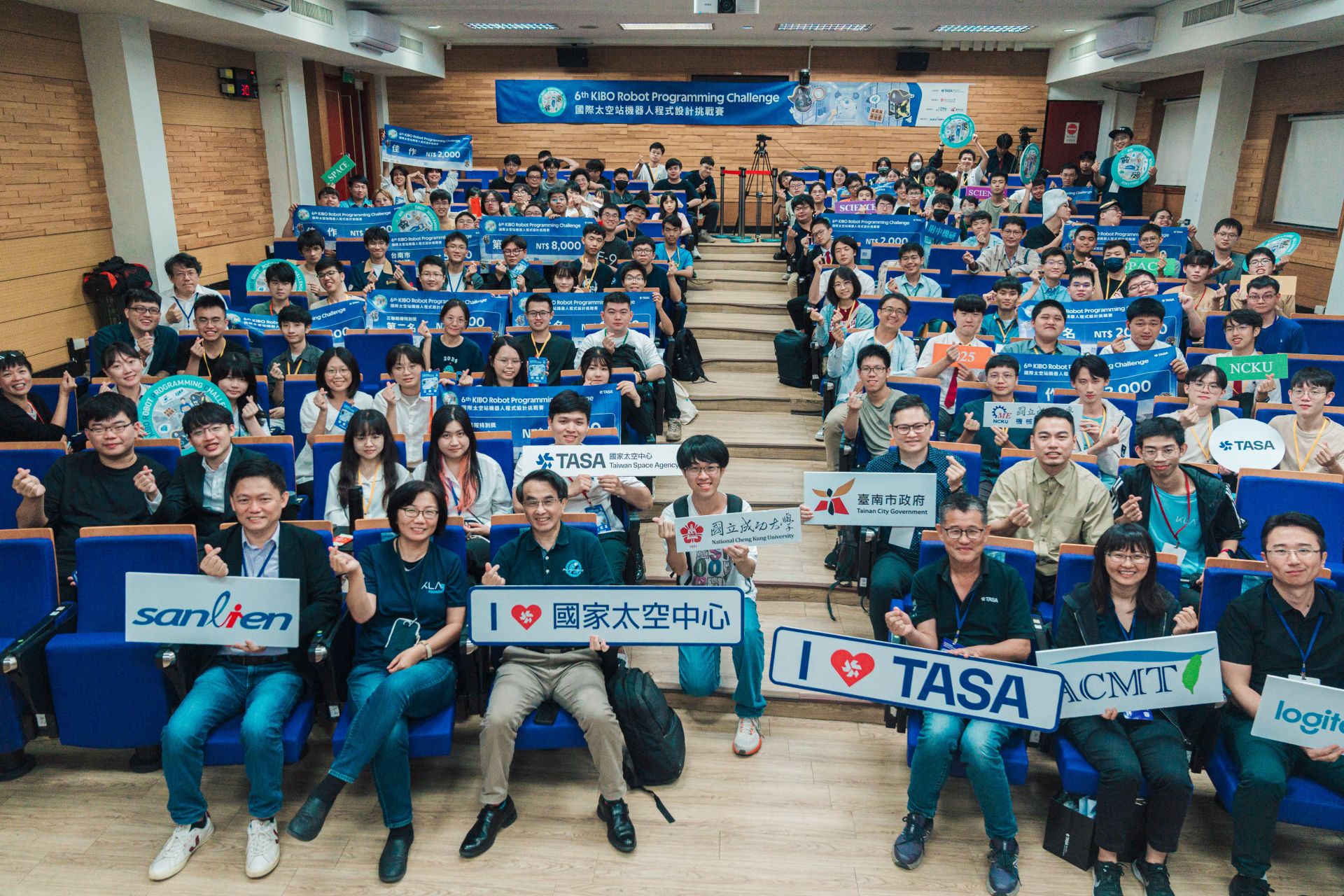National Cheng Kung University’s (NCKU) student team “Gemini Supernova” won 3rd place globally in the 2025 CanSat International Competition organized by the American Astronautical Society (AAS). The competition featured 67 top university teams from 19 countries in the preliminary round, with only 34 teams advancing to the on-site finals in the U.S. The “Gemini Supernova” team achieved a mission completion rate of 96.90%, outperforming many internationally renowned universities.
The CanSat International Competition is hosted by the American Astronautical Society (AAS) and co-organized by NASA, the U.S. Naval Research Laboratory (NRL), and the U.S. Space Force (USSF). The finals took place from June 6 to 8 in Staunton, Virginia. Besides NCKU, participating teams included the University of California, Irvine; University of Manchester (UK); University of Toronto (Canada); National University of Singapore; and Yonsei University (South Korea).
This year’s competition featured highly challenging missions. Teams were required to design a CanSat consisting of a container and a payload unit. After rocket launch, the satellite must be released at an altitude of 600 meters. The container deploys a parachute to slow descent, and the payload releases at a specified height, unfolding a autorotation wing for a stable landing. Meanwhile, dual cameras record the entire flight, and sensor data—including temperature, altitude, voltage, and GPS—is transmitted to the ground station every second.
The NCKU team members come from the Departments of Aerospace, Mechanical, and Civil Engineering, combining their hardware and software expertise to design a satellite system measuring 14 cm in diameter, approximately 37 cm in length, and weighing about 1.4 kg. Their design and testing relied heavily on advanced facilities at NCKU’s Institute of Space Systems Engineering and the Han-Min Hsia Space Science and Technology Center for structural strength simulation, electronic system integration, and flight testing.
The NCKU team shared that after being selected for the finals, their CanSat development entered the implementation phase. Besides applying classroom knowledge in design and analysis, they independently designed various tests to verify feasibility and understand performance—for example, releasing prototypes from a tall campus building to test different parachute and autorotation wing designs. This process deepened members’ understanding of the gap between theory and practice and taught them how to safely plan and conduct tests. These rigorous tests were crucial to successfully completing the mission in the finals. Additionally, when facing difficulties, alumni who competed last year generously provided guidance and support. This year’s award also made up for the disappointment of not winning a trophy during their first competition last year.
On competition day, the NCKU team’s rocket experienced two failed ignition attempts before successfully launching on the third try. The satellite’s units activated sequentially and accurately, and the ground station smoothly received data throughout the entire mission, demonstrating high mission integration capability and engineering maturity. The organizers noted that less than a quarter of the teams completed the mission fully this year, making NCKU’s high completion rate a remarkable achievement.
Advisor Professor Bing-Chih Chen said that facing internationally renowned universities, the team felt a certain amount of pressure. However, the members took the opportunity to exchange design experiences with other teams and build international friendships. More importantly, the students realized that their abilities and performance matched those of top schools, boosting their confidence. The award recognition is the sweetest reward for all their hard work throughout the competition.
The NCKU student team includes captain Guan-Chang Chen, vice-captain Fu-Ju Wu, and members Zhan-Hao Tao, Guan-You Lai, Shu-Yun Hsu, Chen-Pei Yang, Ting-Dian Zhuo, among seven students in total. They were guided by Professor Bing-Chih Chen from the Department of Physics and the Institute of Space Systems Engineering. Several team members plan to continue their studies at NCKU’s Graduate Institute of Aeronautics and Astronautics, Mechanical Engineering, and Space Systems Engineering, further contributing to Taiwan’s space industry.
Throughout the competition, the team not only demonstrated high professionalism and technical skills but also actively engaged with participants from around the world, building strong international relationships. National Cheng Kung University will continue investing in space technology talent development to strengthen Taiwan’s competitiveness in the global space industry.
The CanSat International Competition is hosted by the American Astronautical Society (AAS) and co-organized by NASA, the U.S. Naval Research Laboratory (NRL), and the U.S. Space Force (USSF). The finals took place from June 6 to 8 in Staunton, Virginia. Besides NCKU, participating teams included the University of California, Irvine; University of Manchester (UK); University of Toronto (Canada); National University of Singapore; and Yonsei University (South Korea).
This year’s competition featured highly challenging missions. Teams were required to design a CanSat consisting of a container and a payload unit. After rocket launch, the satellite must be released at an altitude of 600 meters. The container deploys a parachute to slow descent, and the payload releases at a specified height, unfolding a autorotation wing for a stable landing. Meanwhile, dual cameras record the entire flight, and sensor data—including temperature, altitude, voltage, and GPS—is transmitted to the ground station every second.
The NCKU team members come from the Departments of Aerospace, Mechanical, and Civil Engineering, combining their hardware and software expertise to design a satellite system measuring 14 cm in diameter, approximately 37 cm in length, and weighing about 1.4 kg. Their design and testing relied heavily on advanced facilities at NCKU’s Institute of Space Systems Engineering and the Han-Min Hsia Space Science and Technology Center for structural strength simulation, electronic system integration, and flight testing.
The NCKU team shared that after being selected for the finals, their CanSat development entered the implementation phase. Besides applying classroom knowledge in design and analysis, they independently designed various tests to verify feasibility and understand performance—for example, releasing prototypes from a tall campus building to test different parachute and autorotation wing designs. This process deepened members’ understanding of the gap between theory and practice and taught them how to safely plan and conduct tests. These rigorous tests were crucial to successfully completing the mission in the finals. Additionally, when facing difficulties, alumni who competed last year generously provided guidance and support. This year’s award also made up for the disappointment of not winning a trophy during their first competition last year.
On competition day, the NCKU team’s rocket experienced two failed ignition attempts before successfully launching on the third try. The satellite’s units activated sequentially and accurately, and the ground station smoothly received data throughout the entire mission, demonstrating high mission integration capability and engineering maturity. The organizers noted that less than a quarter of the teams completed the mission fully this year, making NCKU’s high completion rate a remarkable achievement.
Advisor Professor Bing-Chih Chen said that facing internationally renowned universities, the team felt a certain amount of pressure. However, the members took the opportunity to exchange design experiences with other teams and build international friendships. More importantly, the students realized that their abilities and performance matched those of top schools, boosting their confidence. The award recognition is the sweetest reward for all their hard work throughout the competition.
The NCKU student team includes captain Guan-Chang Chen, vice-captain Fu-Ju Wu, and members Zhan-Hao Tao, Guan-You Lai, Shu-Yun Hsu, Chen-Pei Yang, Ting-Dian Zhuo, among seven students in total. They were guided by Professor Bing-Chih Chen from the Department of Physics and the Institute of Space Systems Engineering. Several team members plan to continue their studies at NCKU’s Graduate Institute of Aeronautics and Astronautics, Mechanical Engineering, and Space Systems Engineering, further contributing to Taiwan’s space industry.
Throughout the competition, the team not only demonstrated high professionalism and technical skills but also actively engaged with participants from around the world, building strong international relationships. National Cheng Kung University will continue investing in space technology talent development to strengthen Taiwan’s competitiveness in the global space industry.
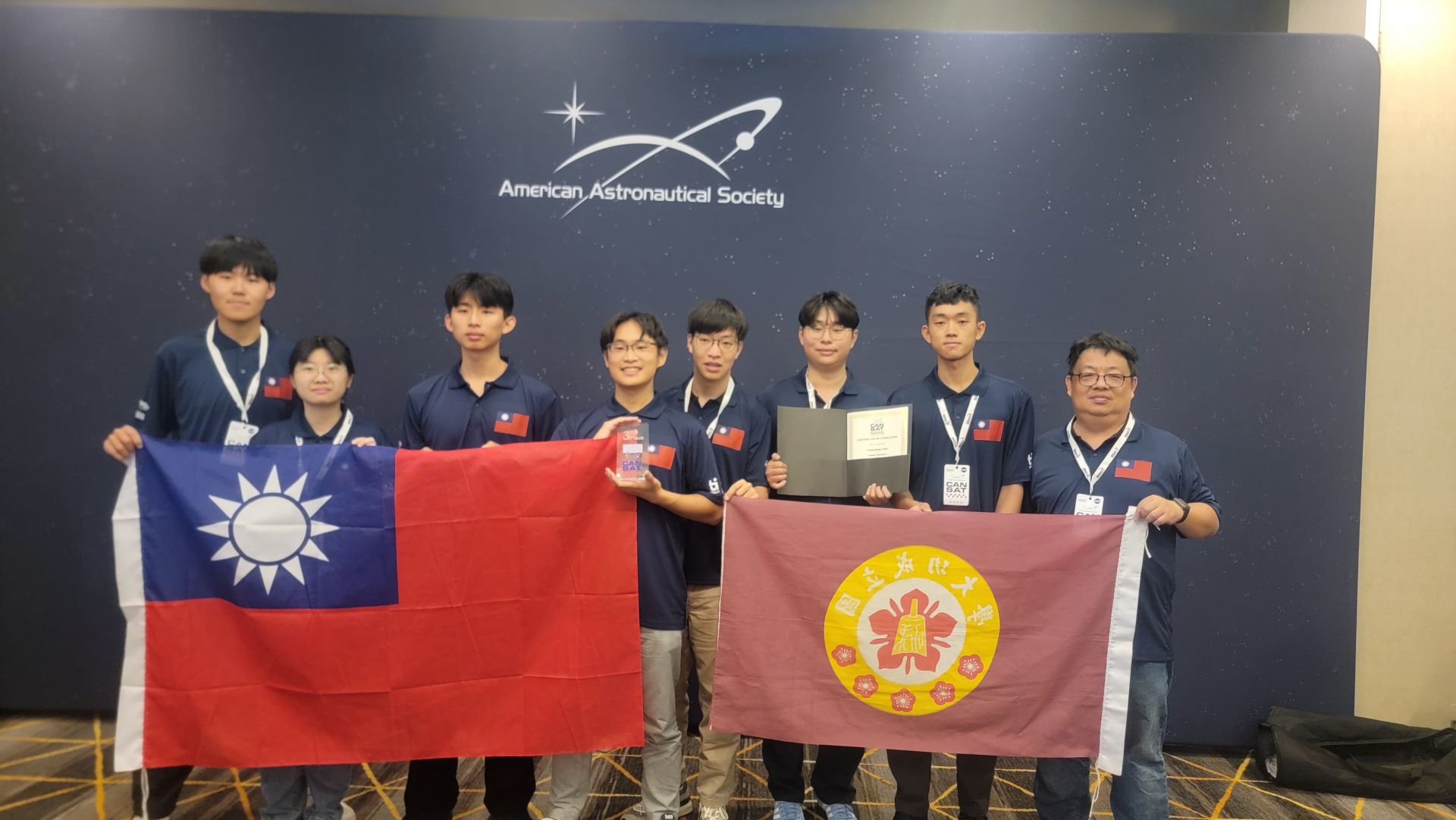
NCKU student team Gemini Supernova won 3rd place in the Cansat Competition organized by AAS
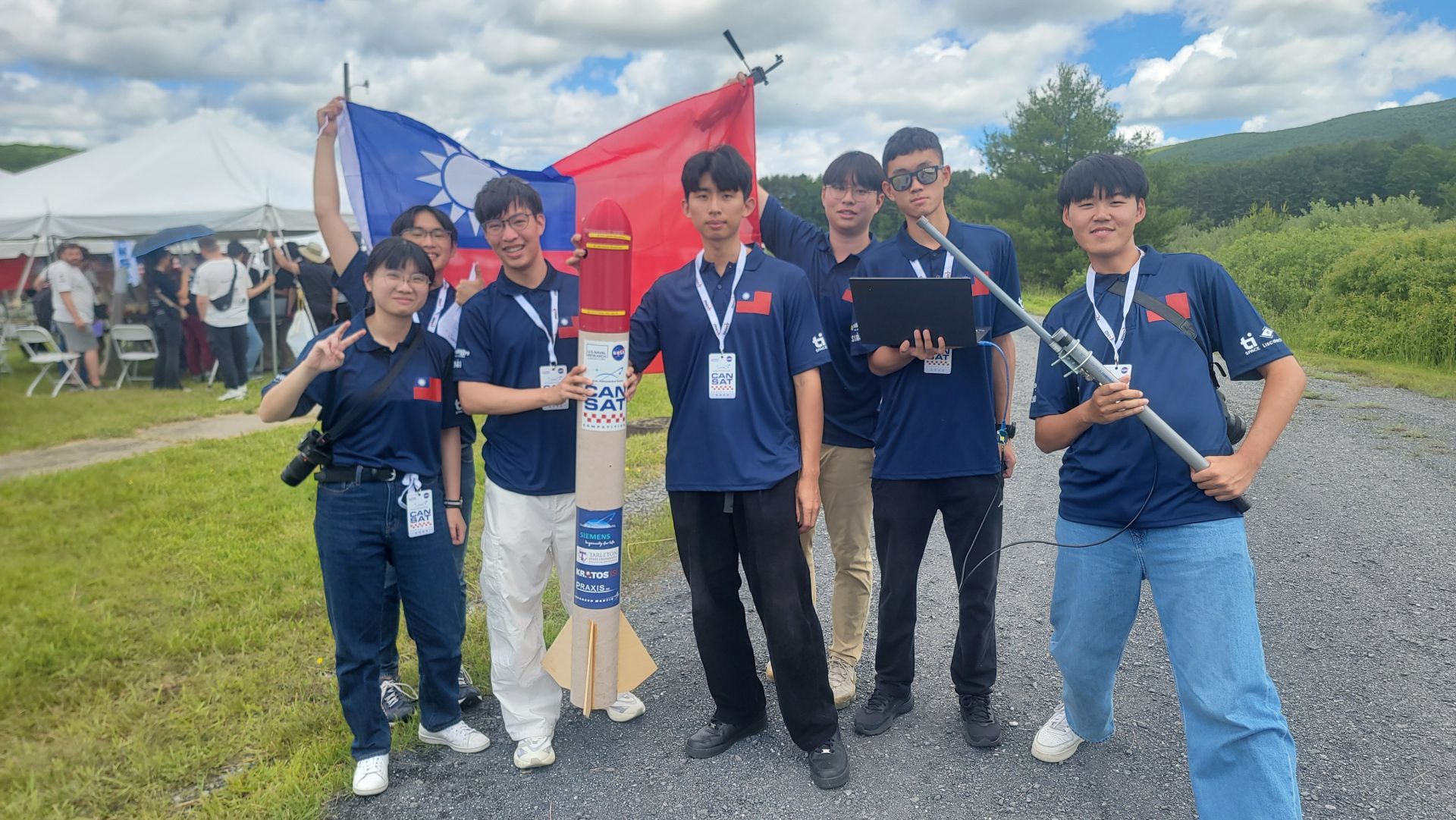
NCKU student team at the U.S. finals venue
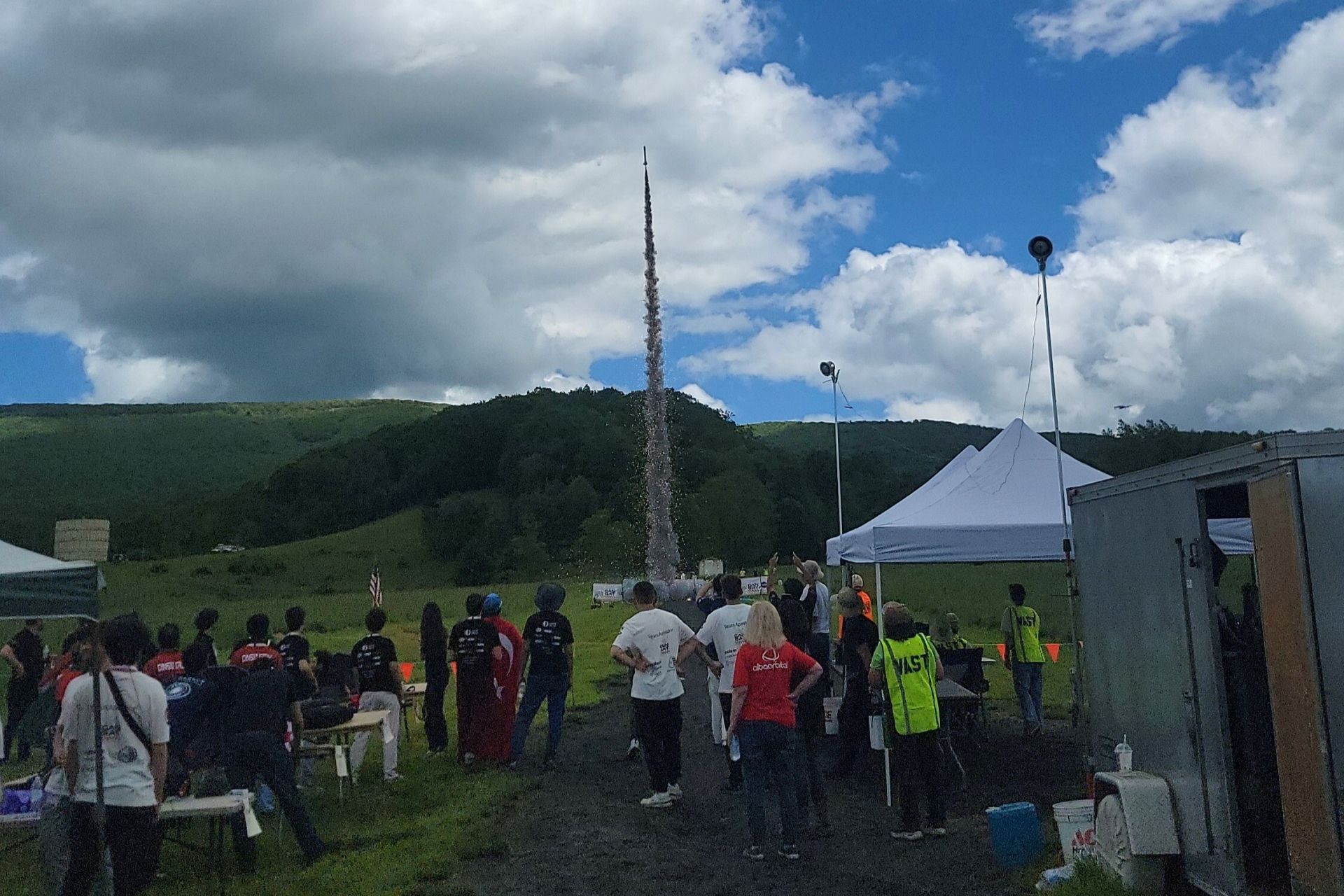
Finals venue
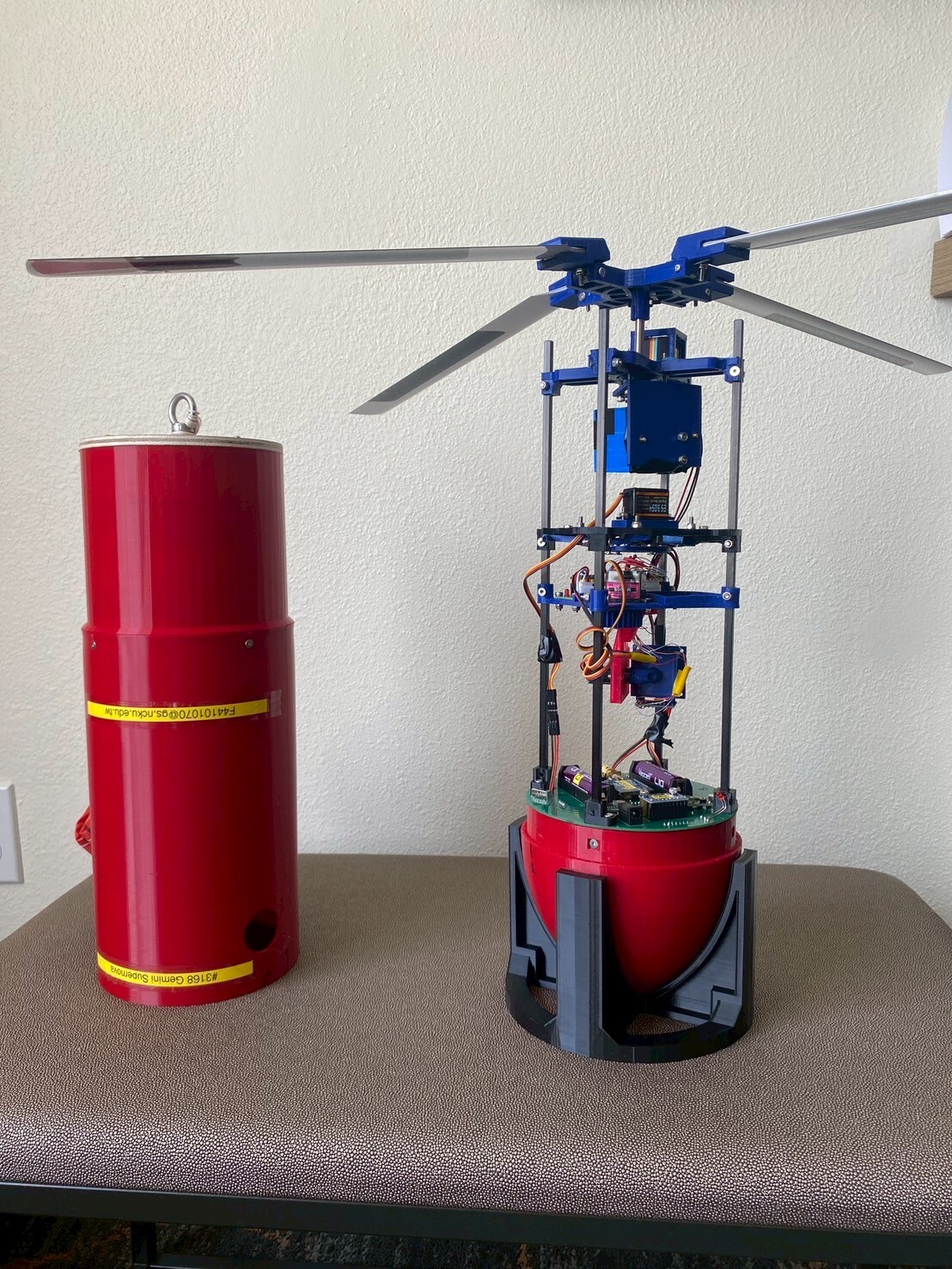
Entry by NCKU student team “Gemini Supernova”
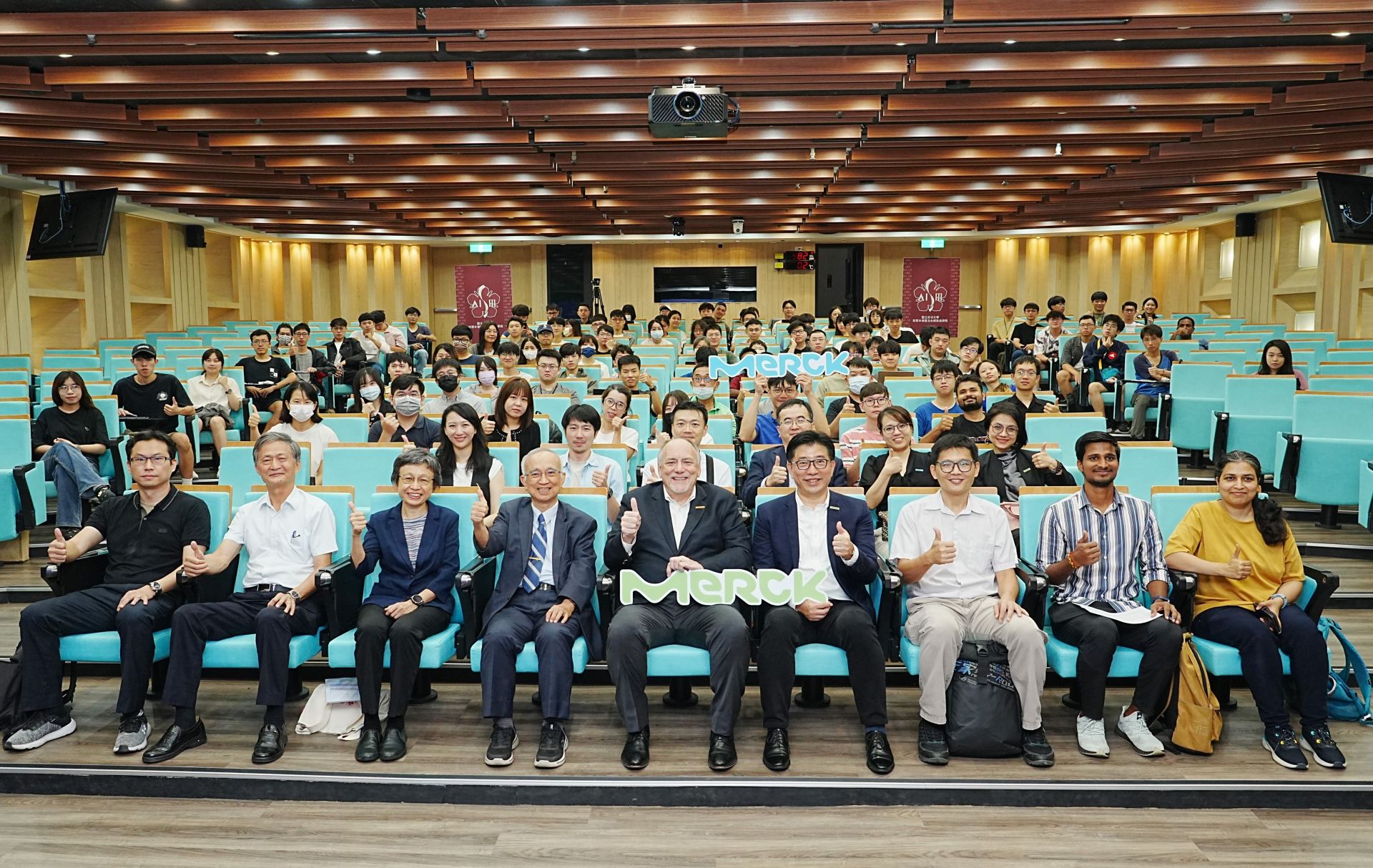
SDG9The "Merck Lecture Hall" at NCKU delves into the crucial role of material intelligence in advancing semiconductor technology.
View more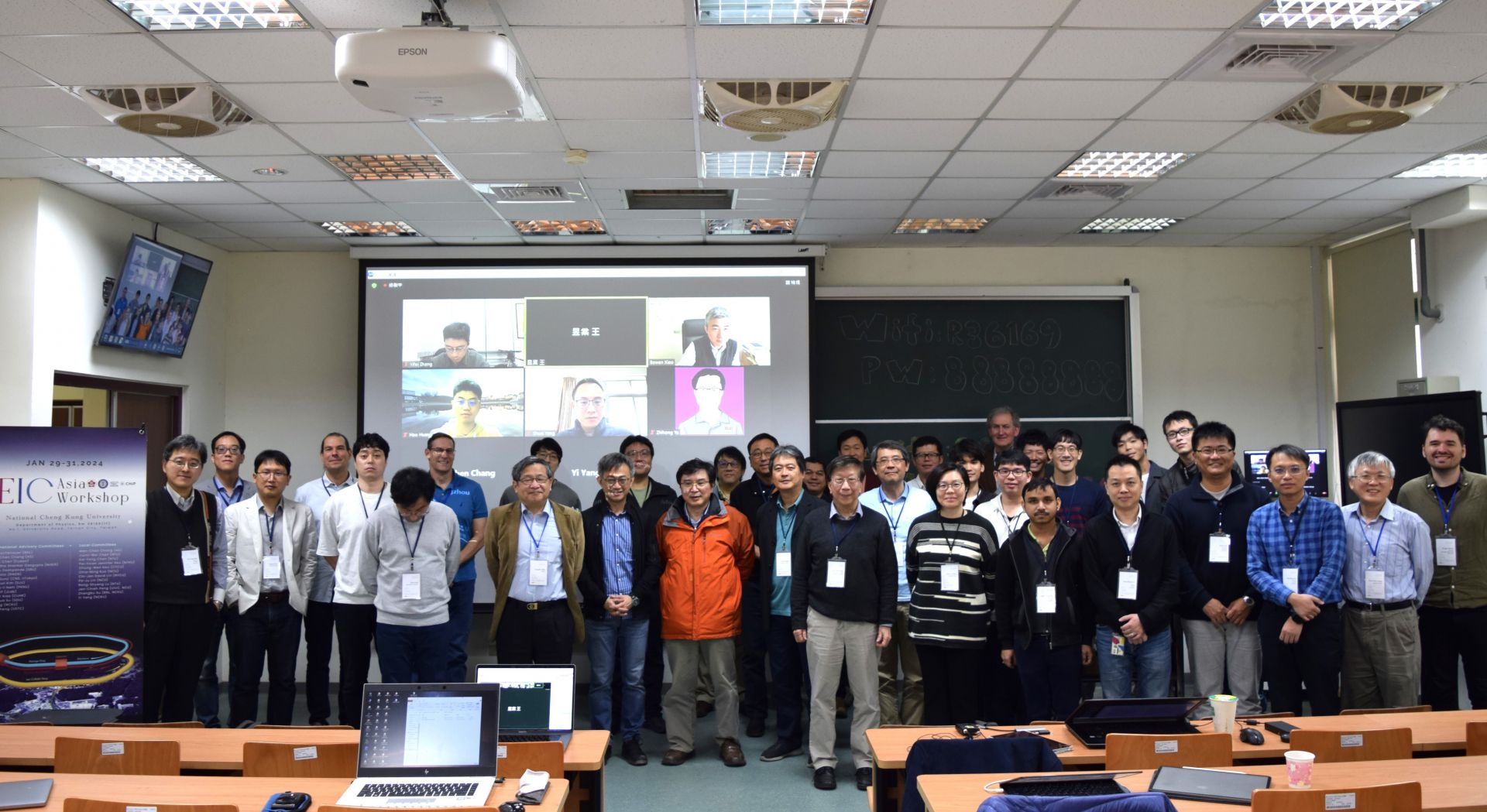
SDG9Unlocking Subatomic Mysteries: Asian Scientists Gather at NCKU to Discuss Next-Gen High-Energy Nuclear Physics
View more